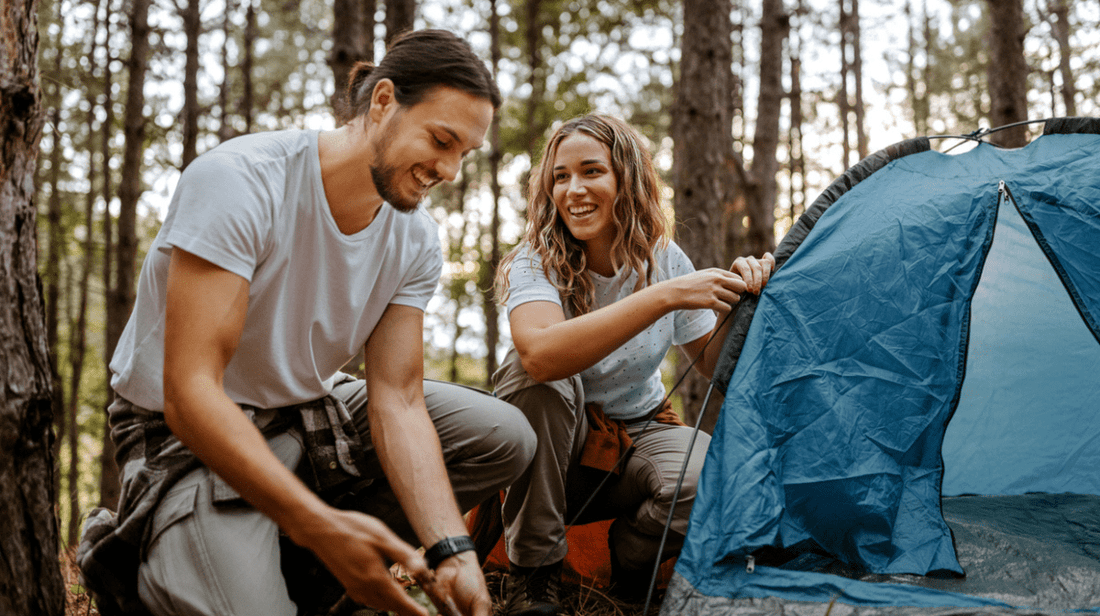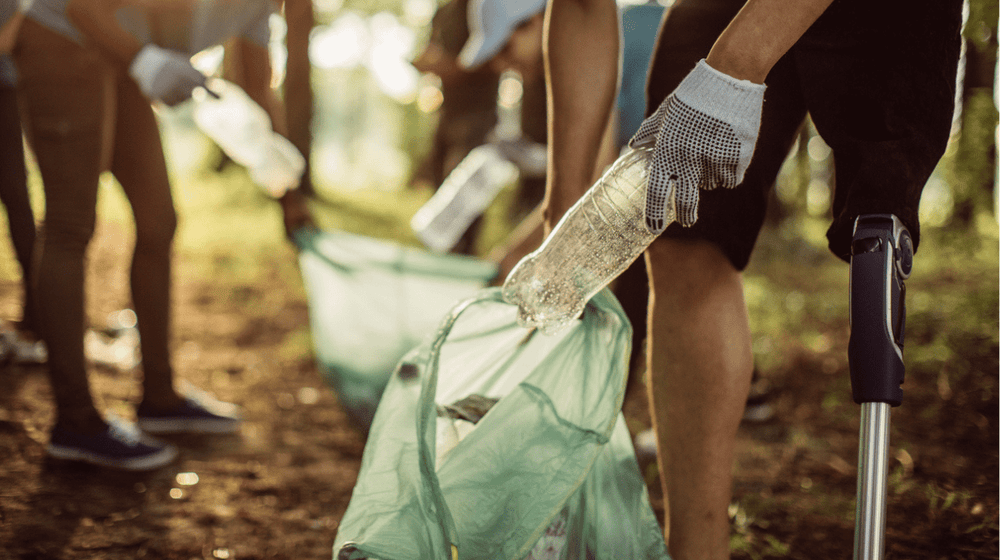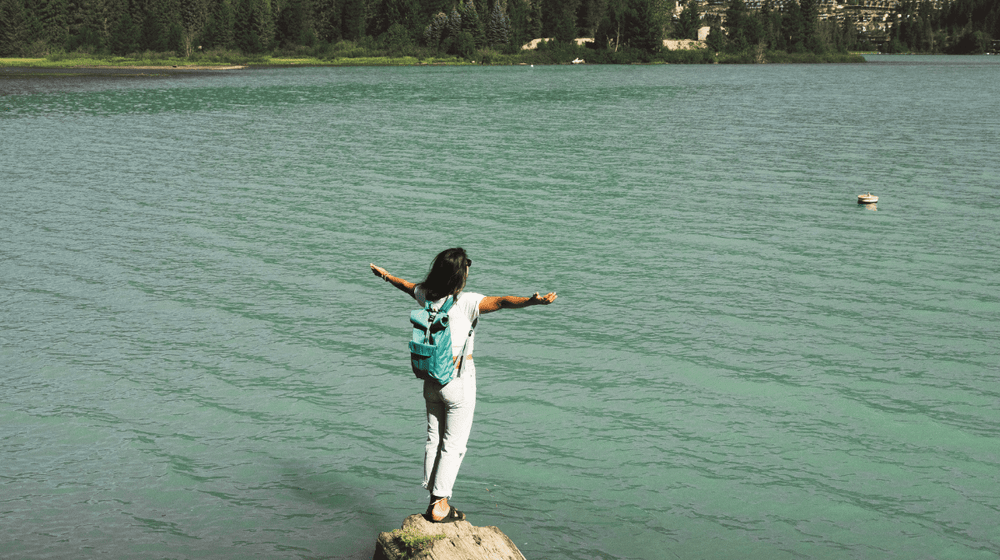Mother nature is a beautiful thing - and for avid outdoors people like ourselves, it’s vital that we constantly educate and discover new ways to protect the environment.
At Millican, we hold great pride in our firm stance on sustainability. All of our products are made using recycled materials from post-consumer waste, becoming plastic with purpose. That said, along with shopping sustainably, there are also many other ways to protect the environment.
Check Out Our Range of Sustainable Bags
Why Should We Protect the Environment?
The environment around us isn't just our home. It's everything - from the food that we eat and the water we drink to the air that we breathe. Caring for the environment protects us, the ones we love and future generations.
Without our environment, we wouldn't have a safe place to live or resources to live off. So, it is important that we do our best to protect the planet the best we can.
Leave No Trace
Leave No Trace is a set of principles created by the Leave No Trace Center of Outdoor Ethics. Their mission is to educate, inspire, and equip us with the skills and techniques to minimise human caused impacts on our outdoor recreation spaces.
Their core values are comprised into 7 principles, which they stress are not rules but guidelines to help us make more sustainable decisions when taking on the outdoors.
The 7 Leave No Trace Principles are:
1. Plan Ahead and Prepare
Adequate planning and preparation will help make your trip safe and enjoyable. Failing to prepare for unexpected conditions can risk damage to the land you’re set to camp on. That’s why we recommend before any hike or camp that you always prepare and plan ahead to avoid any degradation of backcountry resources.
2. Travel and Camp on Durable Surfaces
When traveling outdoors, it’s important to move through areas that avoid damage to the land and waterways. Travel damage can occur when surface vegetation or communities are trampled beyond recovery. It’s important to stick to official routes and paths, as well as camping in the correct areas you’re permitted to be.
3. Dispose of Waste Properly
When it comes to items you pack, Leave No Trace becomes rather literal. "Pack it in, Pack it out" is a popular mantra for seasoned outdoor enthusiasts. Before you leave your campsite, make sure you leave it exactly as you found it. Take any packaging or any leftover food home with you in your backpack.
4. Leave What You Find
When it comes to camping, it’s best to leave things exactly as they were - let your fellow campers discover and experience the same things that you did. Try to minimise site alterations like digging trenches for tents or tables - and avoid damaging live trees and plants. So, maybe stick to the doodling on page, instead of carving your initials into a poor, defenseless pine tree.
5. Minimise Campfire Impacts
We get it: a camping trip isn’t complete without a campfire. And although a pan of hot chocolate bubbling over an open flame while your stick of marshmallows toasts up nicely is the ideal camping experience, not all campsites permit campfires. Therefore, you should consider your surroundings and check the following before setting your fire up:
- Are there any restrictions from the agency that manage the area?
- What is the fire danger for time of year in the location you have chosen?
- Is there enough wood for a removal to not be noticeable?
6. Respect Wildlife
As tempting as it is, you mustn’t disrupt any wildlife you encounter while exploring the outdoors. A great deal of wildlife can find human presence intimidating and then can often be forced to flee. So, avoid making too much noise, travel in smaller groups and never feed or touch the animals.
7. Be Considerate of Other Visitors
Outdoor adventures like camping and hiking, are for many, a form of escapism and relaxation. One of the most important outdoor ethics to follow is to respect your fellow visitors. Be sure to be mindful of the noise you’re making, try to keep your pets controlled and avoid causing any damage to your surroundings.




